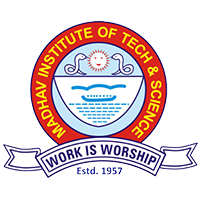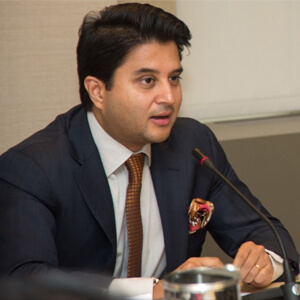
Shrimant Jyotiraditya M. Scindia, Chairman
Minister of Civil Aviation & Steel, Government of India
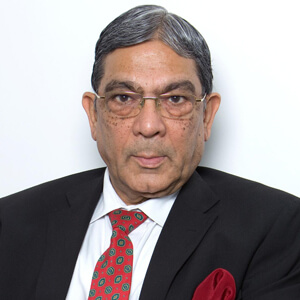
Shri A. K. Bajoria
Member
President & Director JK Tyre & Industries
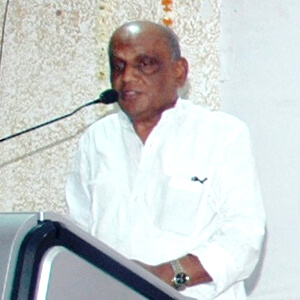
Er. Ramesh Agrawal
Member
Former M.L.A
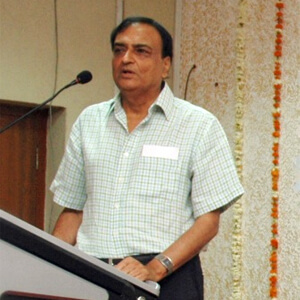
Shri Prashant Mehta
Member
Former Director General, Academy of Administration, Bhopal
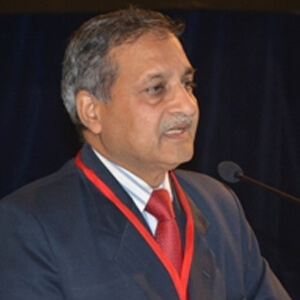
Prof. D.P. Agrawal
Member
Former Chairman Union Public Service Commission(UPSC) India
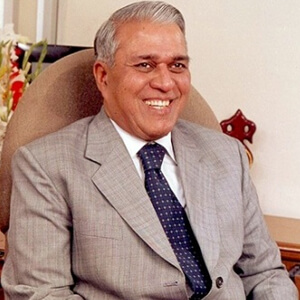
Prof. K. K. Aggarwal
Member
Former Chairman, National Board of Accreditation (NBA)
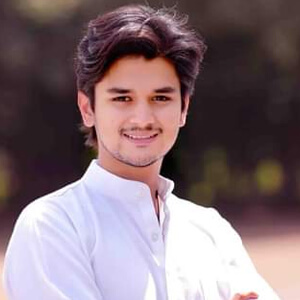
Shrimant Yuvraj Mahanaaryaman J. Scindia
Member
Associate at Boston Consulting Group
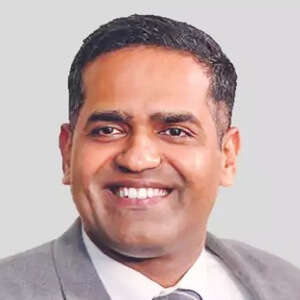
Pashupathy Gopalan
Member
Co-Chairman & CEO, SunEdison
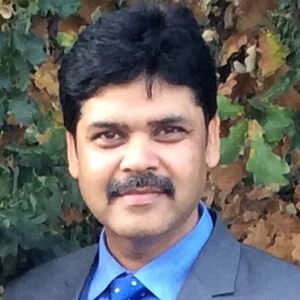
Er. Lokesh Saxena
Member
Managing Director DISA India Limited
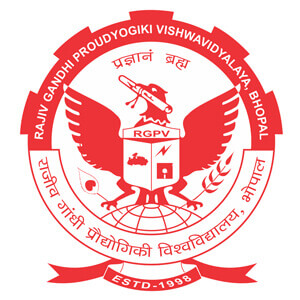
Vice Chancellor
Member
RGPV Bhopal
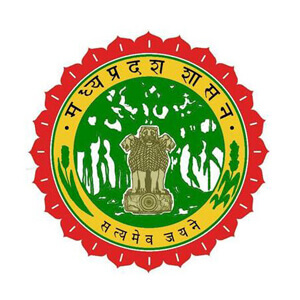
Principal Secretary
Member
Deptt. of Manpower Planning & Technical Education, M.P. Govt. Bhopal

Principal Secretary
Member
Deptt. of Finance, M.P. Govt. Bhopal

Director
Member
Directorate of Technical Education, M.P. Govt. Bhopal
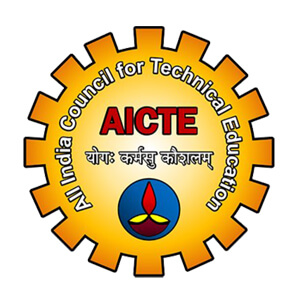
AICTE Nominee
Member
All India Council for Technical Education

UGC Nominee
Member
University Grants Commission
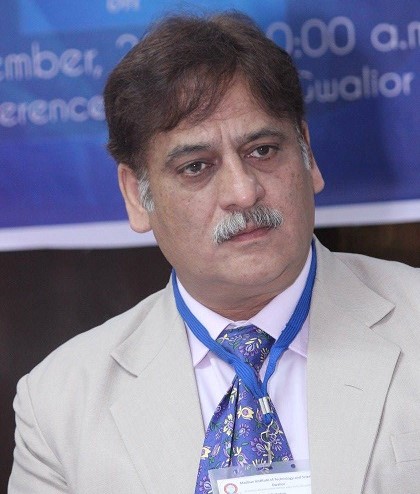
Dr. Rajindra Kumar Pandit
Director, Member Secretary
